 Was that a twinkle in the old men’s eyes? They stared down from framed oil portraits at the Fifth Regiment Armory the other day, and their names were Zollinger and Burgwyn, and Gelston and Warfield and others, all lined around a big, murky second-floor room. And maybe the old ghosts were pleased at what they beheld.
Was that a twinkle in the old men’s eyes? They stared down from framed oil portraits at the Fifth Regiment Armory the other day, and their names were Zollinger and Burgwyn, and Gelston and Warfield and others, all lined around a big, murky second-floor room. And maybe the old ghosts were pleased at what they beheld.
For here at the armory were more than a dozen Maryland National Guard members, home from the fighting in Iraq, and they were telling Sen. Barbara Mikulski and Gov. Martin O’Malley about the troubles re-entering civilian life: The psychological shifts, the troubles slowing down, the inability to reconnect with families, the stuff that never makes headlines because we’re too busy counting the dead or confronting the politics of the moment.
Does anybody understand?
“A grateful nation,” Mikulski told them, “never forgets.”
“We’re grateful to you,” O’Malley said, “and we want to do right by you.”
They were talking about increasing mental health funding and cutting through bureaucratic walls. They were hearing about post-traumatic stress disorder and other combat-related illnesses — and how, inexplicably, the federal government doesn’t provide the same help to National Guard members as it does to active-duty enlisted personnel.
“Thank you for what you did for America,” Mikulski said. “Now America wants to stand up for you.”
That’s when you noticed the old paintings on the walls.
Click to read more...
 Wednesday, April 2, 2008 at 01:12PM
Wednesday, April 2, 2008 at 01:12PM  A proposal to take genetic material from people charged with certain crimes cleared the legislature yesterday(4-1-08) after weeks of debate.
A proposal to take genetic material from people charged with certain crimes cleared the legislature yesterday(4-1-08) after weeks of debate.







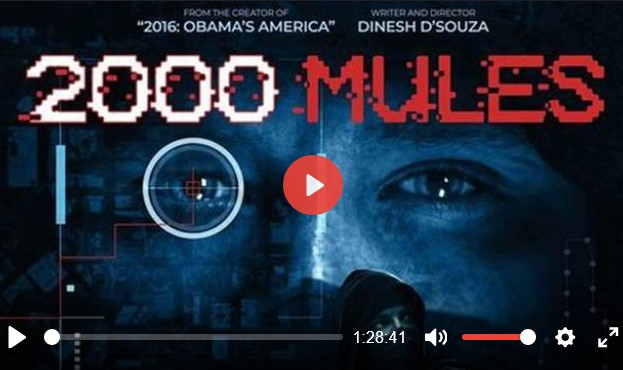













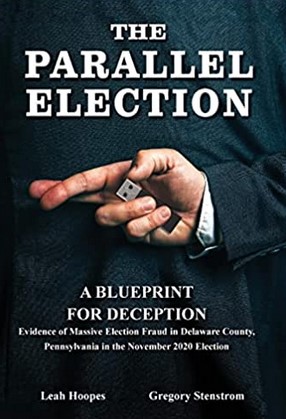








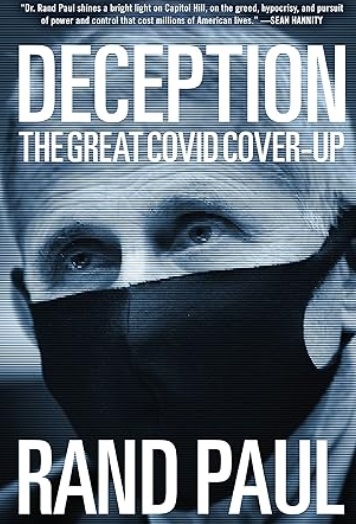














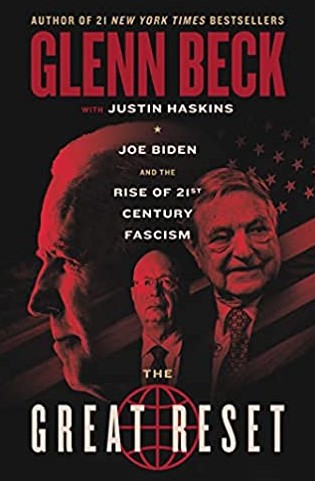






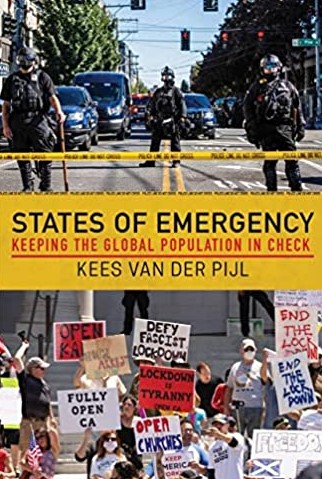













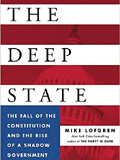
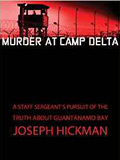



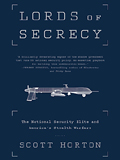







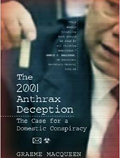


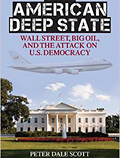



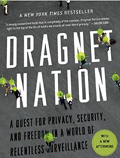




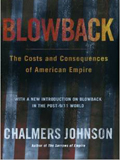










 The military is using the FBI to skirt legal restrictions on domestic surveillance to obtain private records of Americans' Internet service providers, financial institutions and telephone companies, the ACLU said Tuesday.
The military is using the FBI to skirt legal restrictions on domestic surveillance to obtain private records of Americans' Internet service providers, financial institutions and telephone companies, the ACLU said Tuesday. Stuck on the tarmac, flipping through a travel magazine, you're struck by the blurb for metal-lined wallets. Purpose: to prevent digital pickpocketing by blocking radio frequencies.
Stuck on the tarmac, flipping through a travel magazine, you're struck by the blurb for metal-lined wallets. Purpose: to prevent digital pickpocketing by blocking radio frequencies.  Ben S. Bernanke, the chairman of the Federal Reserve, presented his bleakest assessment yet of the economy on Wednesday morning, warning a Congressional committee that economic growth was likely to stagnate — and perhaps even contract — over the first half of the year.
Ben S. Bernanke, the chairman of the Federal Reserve, presented his bleakest assessment yet of the economy on Wednesday morning, warning a Congressional committee that economic growth was likely to stagnate — and perhaps even contract — over the first half of the year. Dozens of Gaza residents have died waiting for medical treatment because of delays in obtaining permits to enter Israel, combined with a crumbling health system in Gaza, the World Health Organization said Tuesday.
Dozens of Gaza residents have died waiting for medical treatment because of delays in obtaining permits to enter Israel, combined with a crumbling health system in Gaza, the World Health Organization said Tuesday.  The International Monetary Fund will next week forecast that the US economy will go into recession this year, a German newspaper reported Tuesday, citing an upcoming report.
The International Monetary Fund will next week forecast that the US economy will go into recession this year, a German newspaper reported Tuesday, citing an upcoming report. Was that a twinkle in the old men’s eyes? They stared down from framed oil portraits at the Fifth Regiment Armory the other day, and their names were Zollinger and Burgwyn, and Gelston and Warfield and others, all lined around a big, murky second-floor room. And maybe the old ghosts were pleased at what they beheld.
Was that a twinkle in the old men’s eyes? They stared down from framed oil portraits at the Fifth Regiment Armory the other day, and their names were Zollinger and Burgwyn, and Gelston and Warfield and others, all lined around a big, murky second-floor room. And maybe the old ghosts were pleased at what they beheld. Senior Treasury officials identified three immediate targets yesterday for their plan to overhaul the nation's financial regulatory structure, including streamlining the approval process for securities that contributed to the crisis now roiling
Senior Treasury officials identified three immediate targets yesterday for their plan to overhaul the nation's financial regulatory structure, including streamlining the approval process for securities that contributed to the crisis now roiling  Government auditors issued a scathing review yesterday of dozens of the Pentagon's biggest weapons systems, saying ships, aircraft and satellites are billions of dollars over budget and years behind schedule.
Government auditors issued a scathing review yesterday of dozens of the Pentagon's biggest weapons systems, saying ships, aircraft and satellites are billions of dollars over budget and years behind schedule.  When President Bush said Friday that the Iraqi government's unprecedented offensive against Shiite militias would be a "defining moment in the history of a free Iraq," he surely didn't have in mind the results evident today.
When President Bush said Friday that the Iraqi government's unprecedented offensive against Shiite militias would be a "defining moment in the history of a free Iraq," he surely didn't have in mind the results evident today.


























